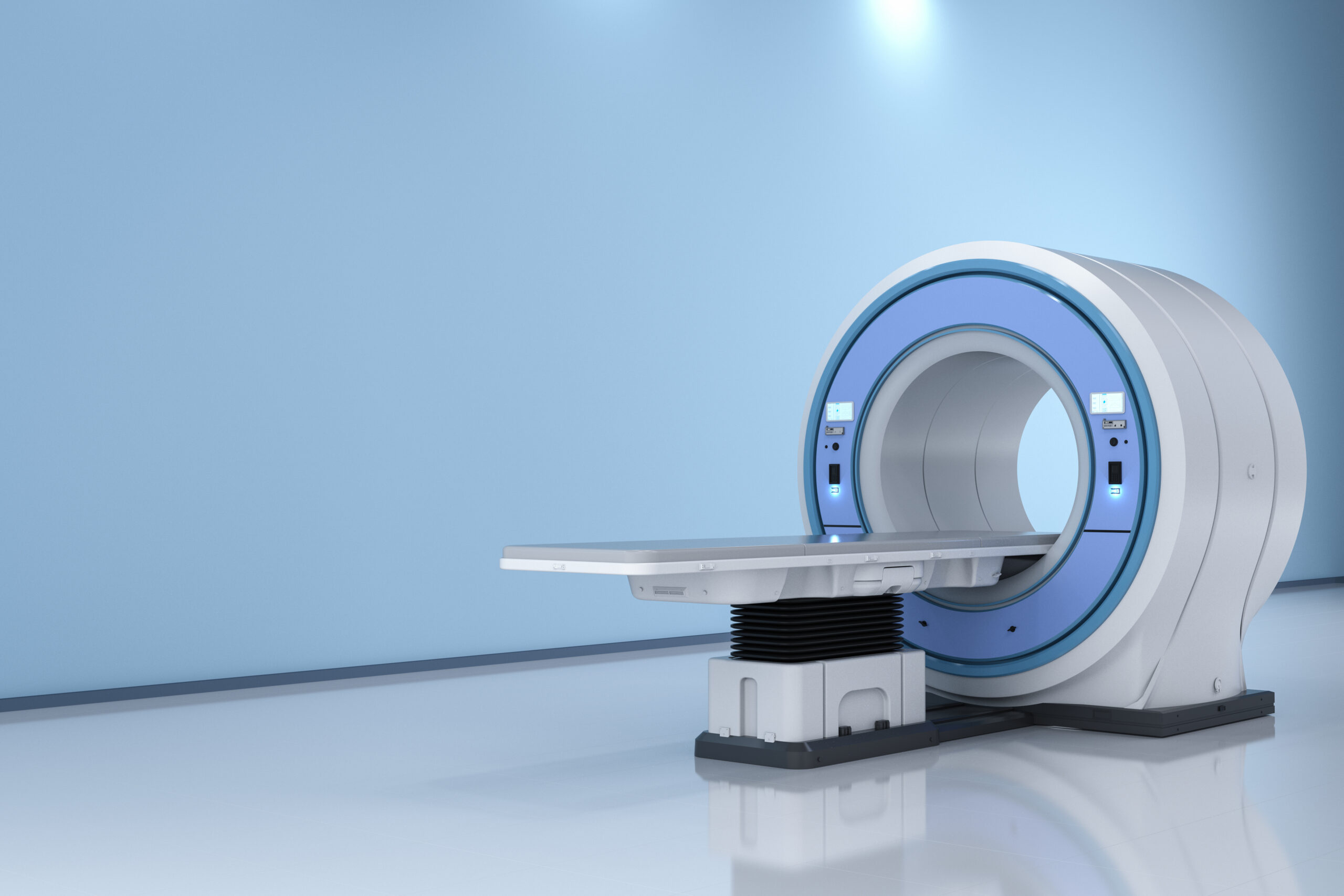A Symphony of Smiles: Shared Laughter Transforming Dementia Interactions
A Symphony of Smiles: Shared Laughter Transforming Dementia Interactions
Imagine a world where laughter and joy are the keys to unlocking better interactions with people living with dementia. This is not just a dream; it’s a reality that innovative projects are making possible. By harnessing the power of shared laughter and playful interactions, these initiatives are transforming the way we care for and connect with individuals affected by dementia.
### The Power of Laughter and Playfulness
Laughter is a universal language that can bridge gaps and create connections. Studies have shown that playful interactions can significantly enhance the well-being of older adults, including those with dementia. These interactions foster a sense of community, reduce feelings of loneliness, and improve mood. For instance, improvisational theater and storytelling have been used to stimulate communication, social engagement, and humor among people with dementia, leading to increased positive affect and self-esteem[1].
### Innovative Theatre Projects
One pioneering project, **Silver Screen Sisters**, is bringing laughter and joy to care homes in South Wales. This interactive show combines comedy, music, and movement to create a shared experience that stimulates personal memories and enhances mental well-being. By incorporating elements of nostalgia, the performance helps residents connect with their past, fostering a sense of belonging and reducing isolation[3].
### The Science Behind Laughter
Laughter and playful interactions activate parts of the brain that are crucial for cognitive function and emotional well-being. The noradrenergic system, which plays a key role in arousal and focus, is particularly engaged during playful activities. This can lead to improved cognitive resilience and a more exploratory mindset, which are essential for maintaining mental health as we age[1].
### Empathy and Connection
At the heart of these initiatives is the understanding that people with dementia are not just patients; they are individuals with stories, emotions, and a deep need for connection. By using humor and playfulness, caregivers can create meaningful interactions that go beyond traditional care models. This approach not only improves the quality of life for those with dementia but also enriches the lives of their caregivers and families.
### A Future of Joy and Connection
As we move forward in our understanding of dementia care, it’s clear that laughter and playfulness will play a central role. By embracing these elements, we can create a more compassionate and engaging environment for everyone involved. The symphony of smiles that results from shared laughter is not just a pleasant sound; it’s a powerful tool for transforming lives and fostering a sense of community and joy.





